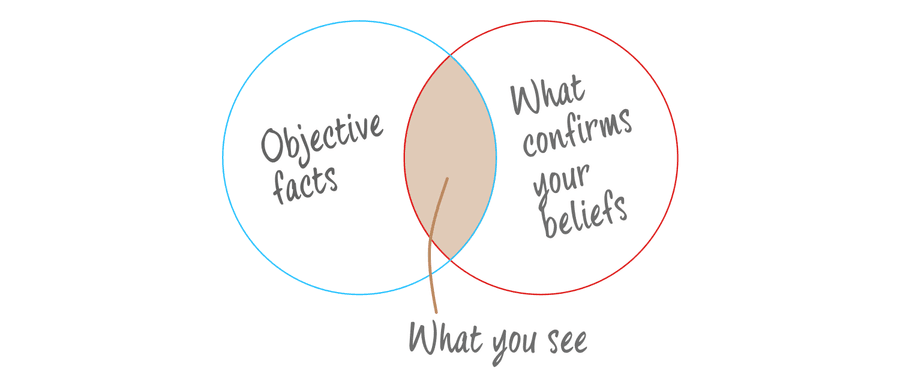Nobel Prize–winning psychologist Daniel Kahneman and his colleagues have shown that what we remember about the pleasurable quality of our past experiences is almost entirely determined by two things: how the experiences felt when they were at their peak (best or worst), and how they felt when they ended. This “peak-end” rule of Kahneman’s is what we use to summarize the experience, and then we rely on that summary later to remind ourselves of how the experience felt.
BARRY SCHWARTZ
79
634 reads
CURATED FROM
IDEAS CURATED BY
Today's readers, tomorrow's leaders. I explain handpicked books designed to transform you into leaders, C-level executives, and business moguls.
Unlock the secret to wise decisions by blending experience, empathy, and moral judgment.
“
Similar ideas
Confirmation Bias: Selective Spotlighting That Is Inevitable
Confirmation bias is a common tendency to self-promote and validate our own beliefs. Most controversial issues have people who are for or against the given topic, and tend to look at points that support their existing belief patterns.
Daniel Kahneman, a Nobel prize winning...
Read & Learn
20x Faster
without
deepstash
with
deepstash
with
deepstash
Personalized microlearning
—
100+ Learning Journeys
—
Access to 200,000+ ideas
—
Access to the mobile app
—
Unlimited idea saving
—
—
Unlimited history
—
—
Unlimited listening to ideas
—
—
Downloading & offline access
—
—
Supercharge your mind with one idea per day
Enter your email and spend 1 minute every day to learn something new.
I agree to receive email updates

